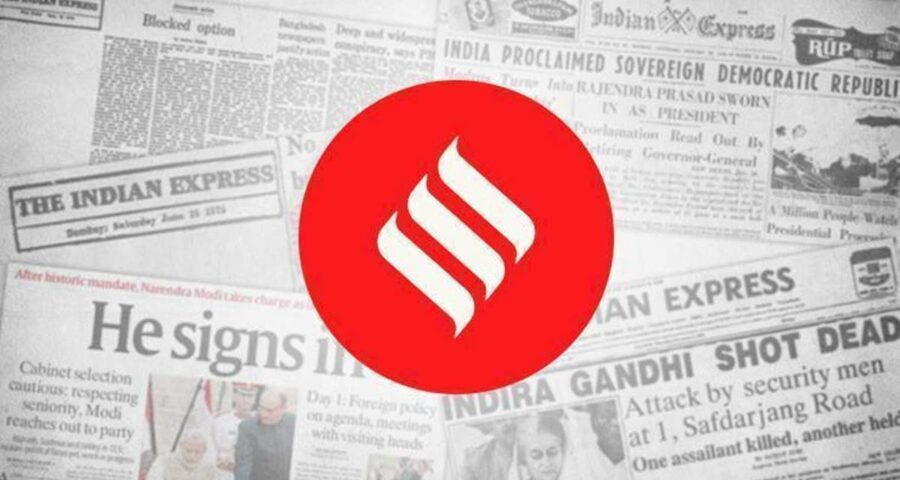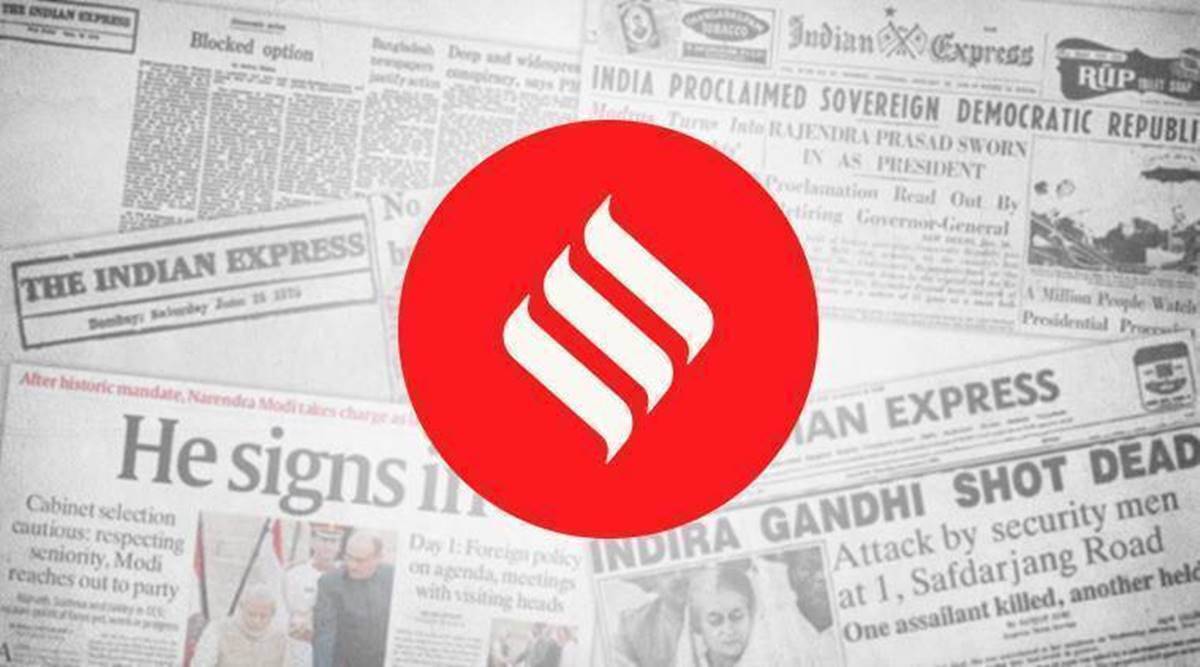In meeting ambitious vaccination targets, attention must be paid to lessons of first phase, and glitches ironed out.
India’s anti-COVID inoculation drive will enter a crucial phase from March 1. Senior citizens and people over the age of 45 with co-morbidities will be administered the vaccine over the next six months when the government plans to inoculate about 27 crore people. They will have the option of getting the shots administered at private hospitals and clinics in addition to government facilities enlisted for the first phase of the project. So far, only 2,000 of the 10,000 centres involved in the vaccination drive are privately operated. The government plans to rope in 20,000 private facilities to meet its targets for the next phase. This is a welcome change in strategy. Much will, however, depend on how the finer points of this public-private partnership are worked out.
More than one crore healthcare professionals and frontline workers have received anti-COVID shots in the past 40 days. This is a creditable performance. But at this pace, it could take at least two-and-a-half years to inoculate 30 crore people. The private sector’s involvement will no doubt speed up the exercise. The government plans to rope in the 12,000 facilities empaneled under the Ayushman Bharat Scheme. Hospital chains and other private sector health outfits, not part of this flagship programme, have also reportedly indicated their willingness to participate. The need now is to develop coordination mechanisms between private players and government agencies. In doing so, the government’s first task will be to iron out the glitches in COWIN, the portal that creates schedules, registers vaccine recipients and informs them about their date with the jab. Slow internet speed, data mismatch and software snags have reportedly upset schedules in several parts of the country. With the app now required to deal with the health data of nearly a fifth of the country’s population, there is no time to lose in smoothing its edges.
The inauguration of mass vaccination comes in the backdrop of a spurt in COVID infections in several states. This surge has coincided with the identification of new strains of the coronavirus. Though the health ministry maintains that the two developments are unrelated, epidemiologists agree that aggressive vaccination can help bring down transmission rates and reduce chances of the virus mutating. Early evidence from other parts of the world, especially the UK, confirms this hypothesis. The case for speedy vaccination is thus compelling. The work of the health authorities in meeting the government’s ambitious target will be watched.
Source: Read Full Article


